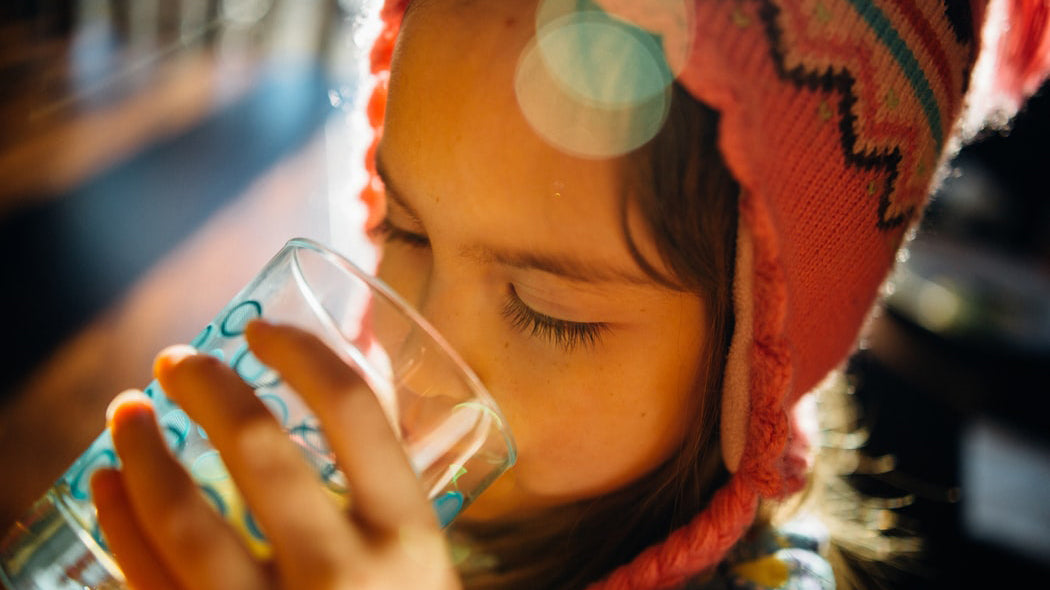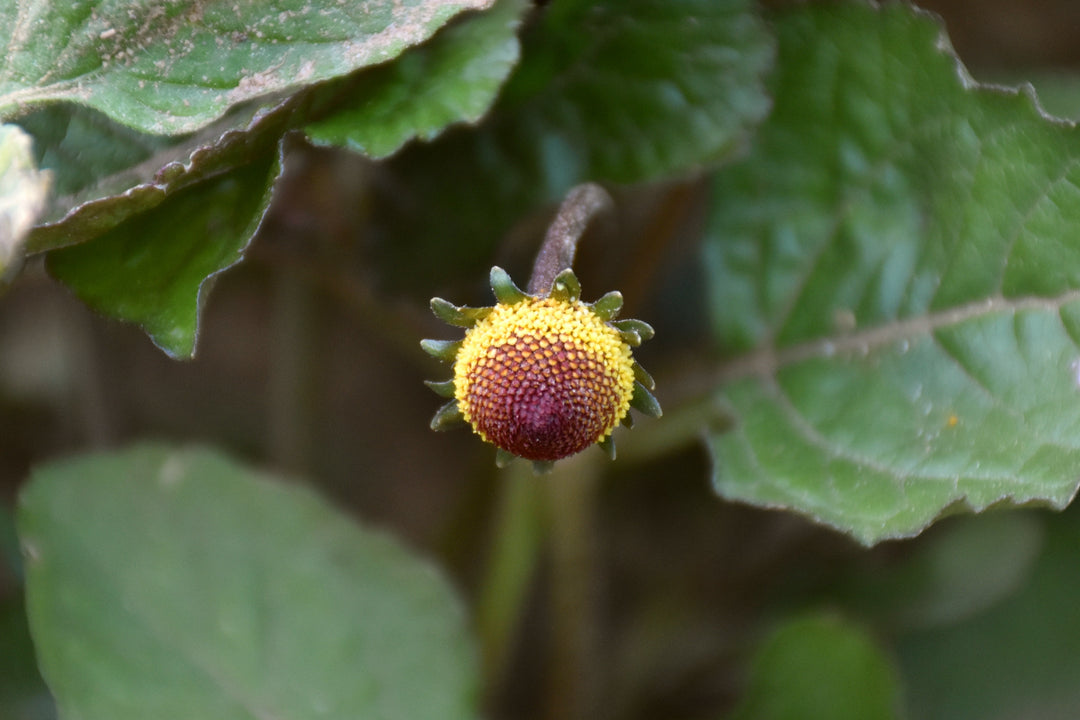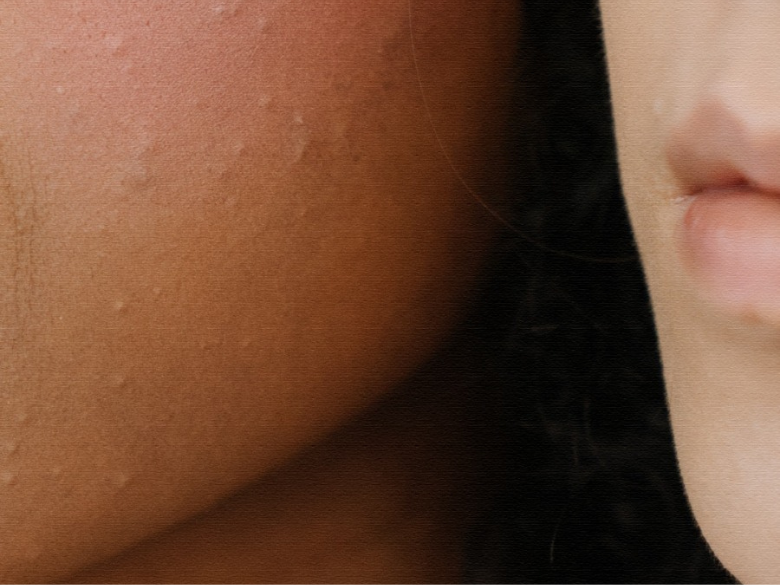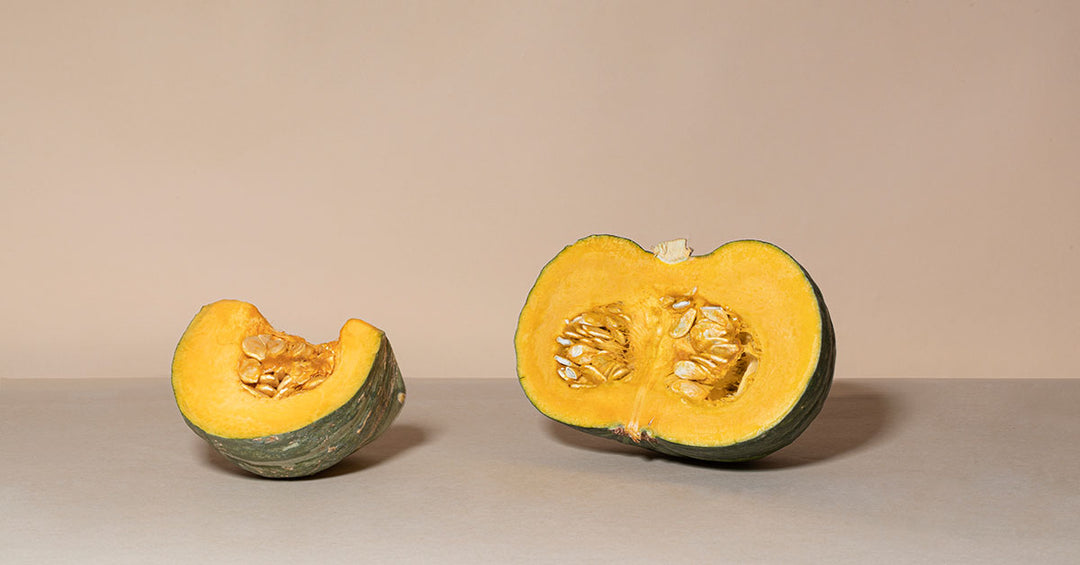For a lot of anti-aging products, providing ample hydration to the skin is often their key function – so much so that hydration as a skin benefit is almost something to be taken for granted. But if we are concerned about our skins being properly nourished, what about our bodies? Making sure that we get sufficient amounts of water into our system is a must for good health and glowing skin.
Is it dry skin, or dehydration?
Do you have dry skin – a common skin type – or do you have dehydration, a condition wherein your body is losing more water than its taking in? For they share similar symptoms on the skin - itchiness, scaliness, dullness, dark under-eye circles and sunken eyes. The difference is that while dry skin is a genetic condition that comes about as a result of one’s body not producing enough natural sebum, dehydrated skin is a treatable condition usually caused by external factors, and a result of one’s skin not having enough water.
What's the good news?
The good news is that it’s fairly easy to counter the negative effects of dehydration, which not only reflects on your skin, but affects the rest of your body at large – drink more water! The old adage of drinking eight glasses of water a day is certainly a goal to bear in mind and aspire to. Consuming water-rich vegetables and fruits is also effective, such as celery, watermelons, cucumbers, tomatoes, broccoli, oranges and more. Lifestyle changes are important too, some of which include moderating common vices such as alcohol intake, coffee consumption, smoking; and balancing out your regimen with regular exercise and quality sleep. Electrolyte liquids (sold by brands to ionize the body) and broth-based soups are recommended if the dehydration is due to a recent illness.
Drink water and hydrate your skin
Of course, circling back to our opening paragraph, one of the most common ways of hydrating is something we already do in our daily beauty routines. If you want to be ever so sure about the key terms related to skin hydration promised by the thousands of different beauty products available, key terms to look out for are as follows: occlusive agents, humectants and emollients. Occlusive agents help in reducing trans epidermal water loss (TEWL), which is to say they form a barrier film over the skin that prevents the evaporation of water, thereby retaining it in the skin’s uppermost layers – think beeswax. Humectants like glycerine present on the skin enable water from the dermis (middle skin layer) to be absorbed into the epidermis (outermost layer). And emollients like jojoba seed oil help soften the skin and smoothen out uneven texture. The best thing? All of these ingredients come from 100% natural sources.
A mix of dietary choices, physical activity and the perfect beauty products can do wonders for your body and naturally replenish skin to its optimum hydration level.
Sources:
- American Spa. (2018, November 27). Dehydrated Skin vs. Dry Skin: How to Tell the Difference. Retrieved from https://www.americanspa.com/estheticians/dehydrated-skin-vs- dry-skin-how-tell-difference
- (n.d.). Is My Skin Dehydrated? Retrieved from https://www.healthline.com/health/dehydrated-skin
- Spada, F., Barnes, T. M., & Greive, K. A. (2018, October 15). Skin hydration is significantly increased by a cream formulated to mimic the skin’s own natural moisturizing systems.





